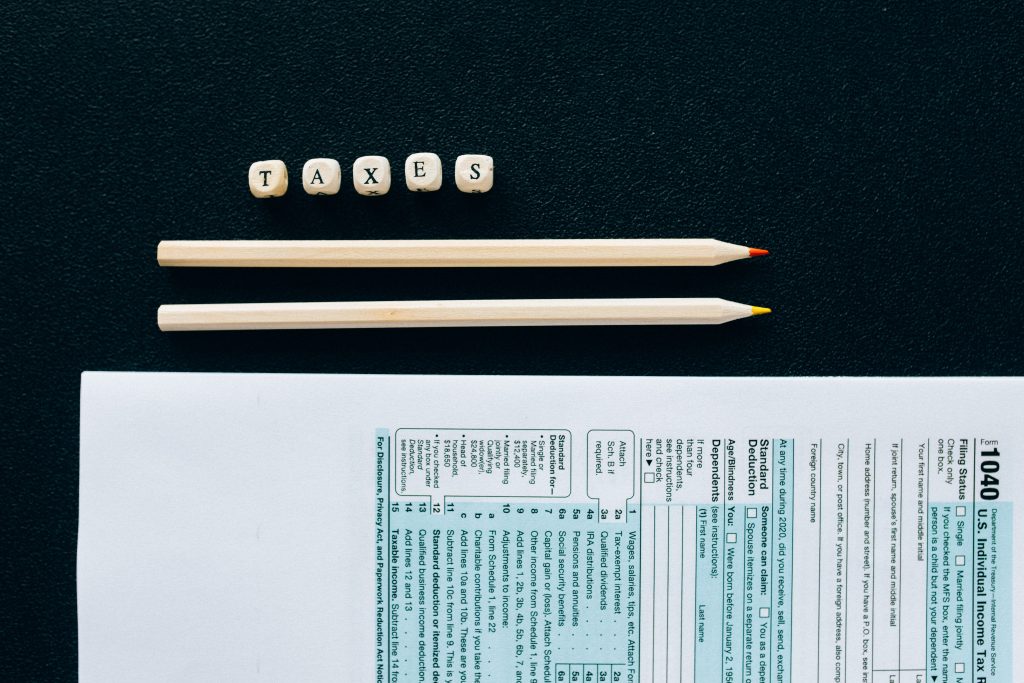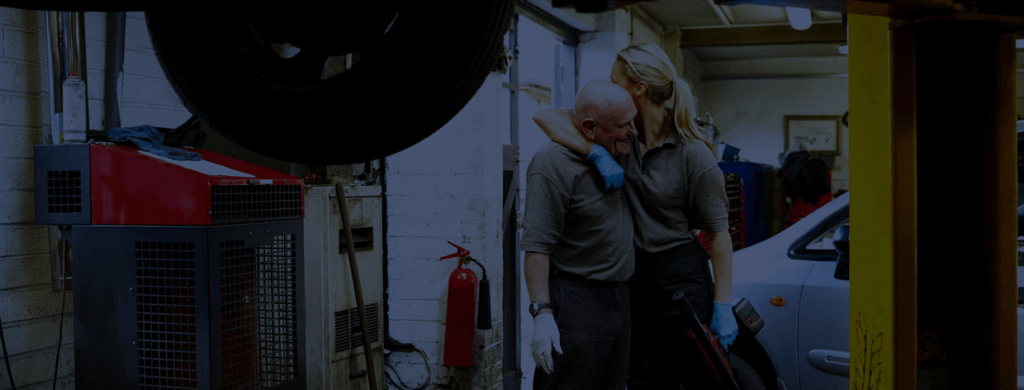Are you a business owner in Melbourne looking to reduce your tax liabilities and maximize savings? One often overlooked area for potential savings is car expenses. By effectively managing and maximizing car expenses, you can not only improve your business’s financial health but also stay compliant with Australian tax regulations. In this blog, we’ll explore key strategies and insights from experienced business accountants in Melbourne on how to make the most of your car expenses.
1. Understand Deductible Car Expenses
To begin, it’s essential to understand which car expenses are deductible. Work with your trusted business accountant in Melbourne to ensure you are claiming all eligible deductions. Common deductible car expenses include fuel, maintenance, insurance, registration, and depreciation.
2. Separate Personal and Business Use
One of the fundamental principles for maximizing car expense deductions is to clearly differentiate between personal and business use of your vehicle. Keep detailed records and work with your accountant to establish a robust tracking system to support your claims.
3. Keep Accurate Records
Accurate record-keeping is crucial. Save all relevant receipts, invoices, and documentation related to car expenses. To simplify this process, consider using accounting software or mobile apps that help you track and categorize expenses efficiently.
4. Depreciation Matters
Depreciation can be a significant deductible expense for your business vehicle. Melbourne business accountants can help you determine the most advantageous depreciation method for your specific situation, whether it’s the diminishing value method or the prime cost method.
5. Fringe Benefits Tax (FBT) Consideration
If you provide a car to employees, be aware of potential FBT implications. Your Melbourne accountant can help you structure vehicle arrangements to minimize FBT, ultimately saving your business money.
6. Leasing vs. Buying
Evaluate whether it’s more tax-efficient to lease a vehicle or purchase it outright. The tax implications of each option vary, and your business accountant can provide guidance on the best choice for your financial situation.
7. Utilize the Logbook Method
The logbook method can help you claim car expenses based on the business use percentage of the vehicle. Maintain a detailed and accurate logbook, and consult with your Melbourne accountant to apply this method effectively.
8. Maximize Work-Related Travel
Encourage employees to use company vehicles for work-related tasks as much as possible. Business-related travel expenses are generally fully deductible, so optimizing these activities can lead to substantial savings.
9. Consider Environmentally Friendly Vehicles
Melbourne, like many Australian cities, offers tax incentives for environmentally friendly vehicles. Consult your accountant for potential deductions or credits associated with using hybrid or electric vehicles for business purposes.
10. Regular Tax Planning
Collaborate with your business accountant in Melbourne to engage in year-round tax planning. Being proactive and informed allows you to make decisions that maximize car expenses while minimizing tax liabilities.
11. Periodic Review with Your Accountant
Regularly review your car expense strategy with your Melbourne accountant to ensure that you’re taking full advantage of available deductions and staying compliant with evolving tax regulations.
In conclusion, smart car expense management can lead to substantial savings for your business in Melbourne. By partnering with a qualified business accountant, you can navigate the complexities of tax regulations and optimize your expenses effectively. Remember that tax laws can change, so staying updated and seeking professional advice is key to maximizing your savings. For personalized guidance on managing car expenses and saving on taxes, contact a reputable business accountant in Melbourne today.




